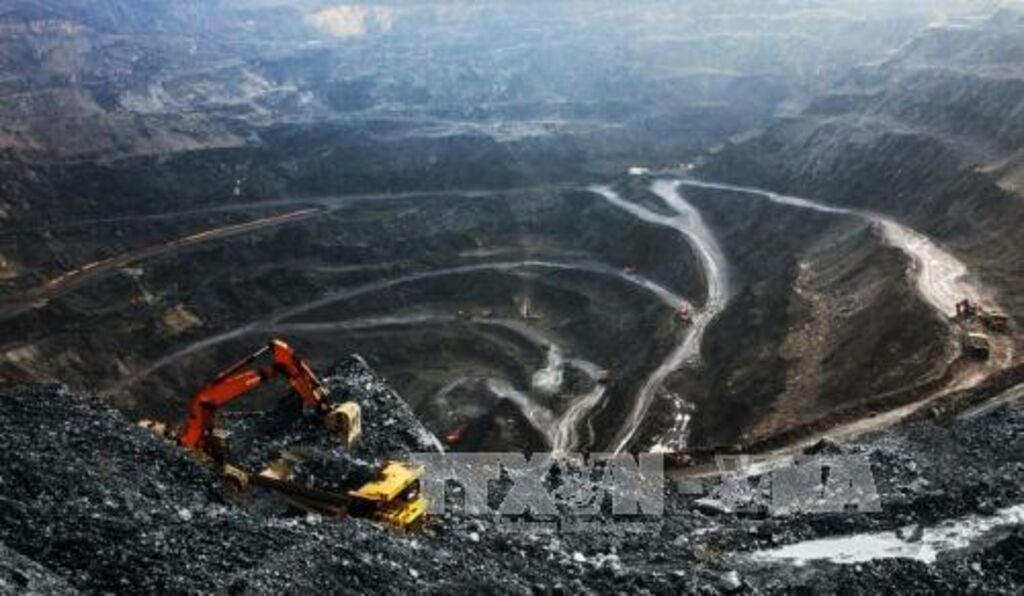
Global decarbonisation goals, digitalisation and economic growth are driving the demand for minerals at an unprecedented pace. In this context, Southeast Asian countries, particularly Indonesia, Malaysia, the Philippines and Vietnam, have the potential to expand their role as major resource producers and processors, while Singapore could become a leading regional financial, investment and mineral trading hub.
However, on the other hand, Southeast Asia is facing many challenges in the process of opening up opportunities due to the lack of infrastructure, uneven environmental regulations, pressure from climate change and heavy dependence on China. To overcome these challenges, cooperation with Australia will be a suitable choice because this Oceania country owns a solid resource base, has extensive mining potential and strictly adheres to Environmental, Social and Governance (ESG) standards. Thanks to these advantages, Canberra can support Southeast Asia to overcome barriers and help the region become an important "piece" in the new mineral geopolitical map.
In recent times, Australia has also focused on promoting partnerships with a number of Southeast Asian countries to develop vertically integrated supply chains. Specifically, the country has signed agreements with Indonesia in 2023 and 2024 to combine Indonesian-refined nickel and Australian lithium in the production of electric vehicle batteries, while promoting a synchronous regulatory and monitoring system. In addition, the Malaysian branch of Lynas Rare Earths (Australia) has successfully produced the first dysprosium oxide from a newly commissioned rare earth line. This move helps Malaysia to improve its position and become a new source of supply in the field of high-performance magnet production for electric vehicles as well as advanced electronic devices.
Notably, Australia has upgraded its bilateral relationship to a Comprehensive Strategic Partnership with Vietnam, and launched an annual Critical Minerals Dialogue to enhance supply chain diversification.
Meanwhile, the landmark Green Economy Agreement between Australia and Singapore, signed in 2022, established a new pillar in the Comprehensive Strategic Partnership between the two countries. This pillar aims to promote bilateral cooperation in clean energy and critical minerals supply chains to promote trade diversification, regional energy security and the transition towards net zero emissions. Cooperation in the exploitation of critical minerals is increasingly integrated into broader clean energy cooperation frameworks.
According to researcher Alice Wai, in the coming time, Southeast Asia needs to focus on building and positioning the region's image as a reliable supplier. Through extensive cooperation agreements, Australia can support Southeast Asian countries to promote exploration projects, carry out mining and processing activities; at the same time, share technical expertise and enhance the region's capacity to participate in cleaner, more efficient supply chains. Australia-Southeast Asia cooperation is expected to create many opportunities to attract investment and bring a worthy position for the region in the global clean energy transition.
Source: https://baotintuc.vn/kinh-te/australia-co-the-dong-vai-tro-then-chot-ho-tro-nganh-khai-khoang-tai-dong-nam-a-20251113165928852.htm



![[Photo] Unique art of painting Tuong masks](https://vphoto.vietnam.vn/thumb/1200x675/vietnam/resource/IMAGE/2025/11/14/1763094089301_ndo_br_1-jpg.webp)
![[Photo] Special class in Tra Linh](https://vphoto.vietnam.vn/thumb/1200x675/vietnam/resource/IMAGE/2025/11/14/1763078485441_ndo_br_lop-hoc-7-jpg.webp)


![[Photo] Unique architecture of the deepest metro station in France](https://vphoto.vietnam.vn/thumb/1200x675/vietnam/resource/IMAGE/2025/11/14/1763107592365_ga-sau-nhat-nuoc-phap-duy-1-6403-jpg.webp)
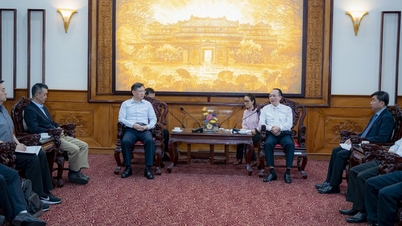

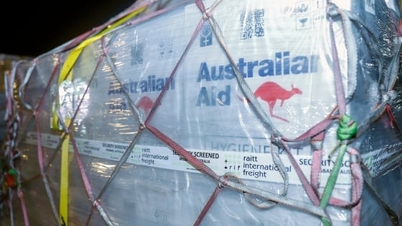

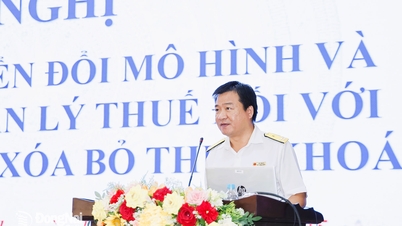

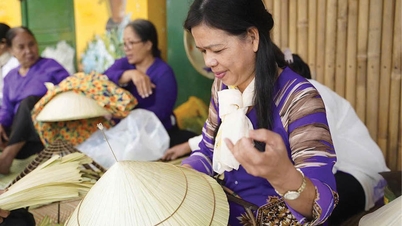
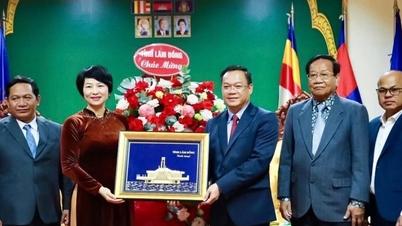


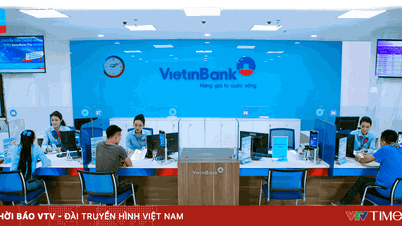

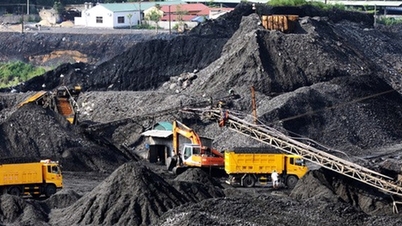

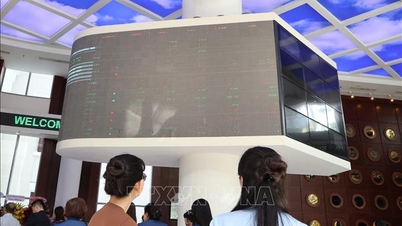
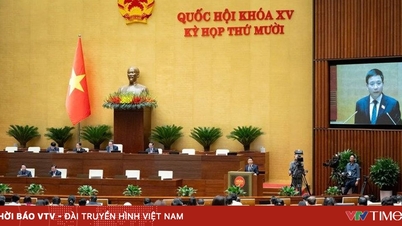
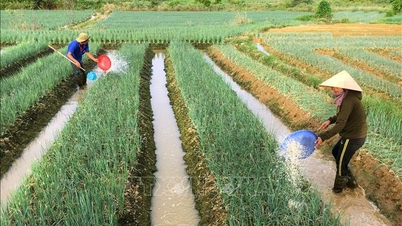
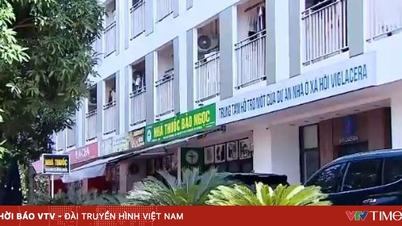




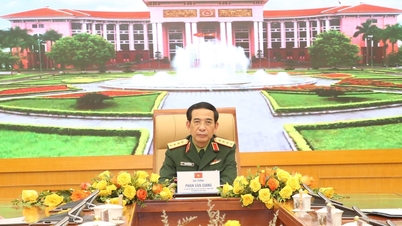

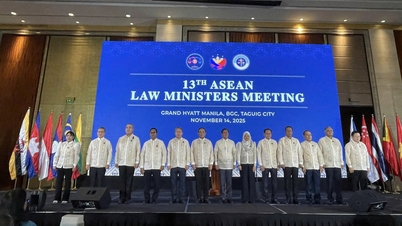












































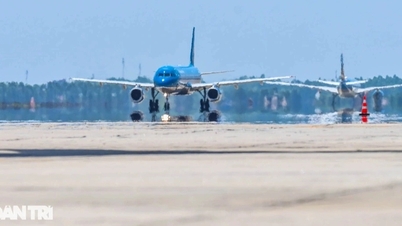

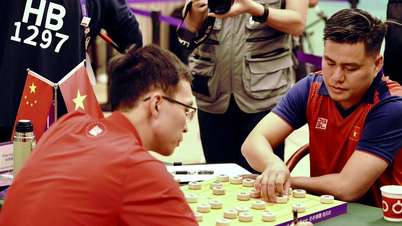
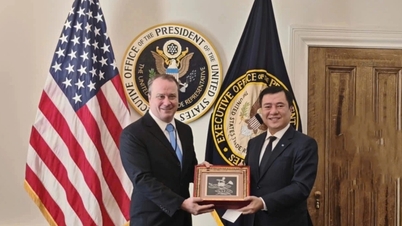

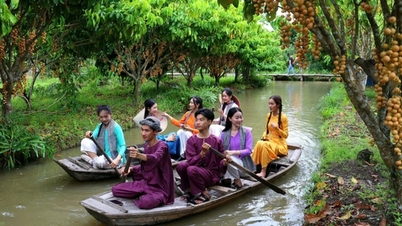



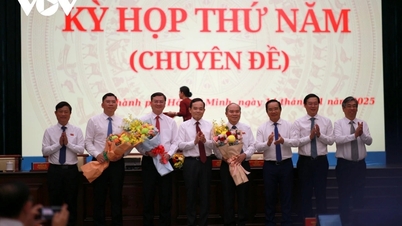


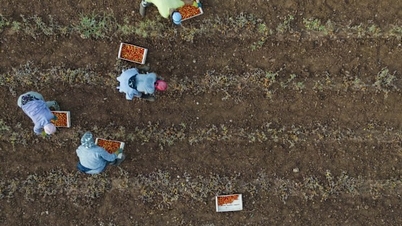

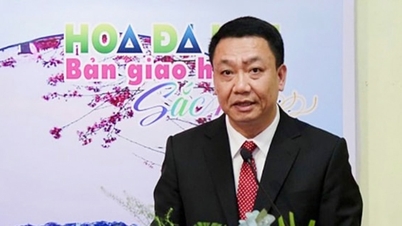


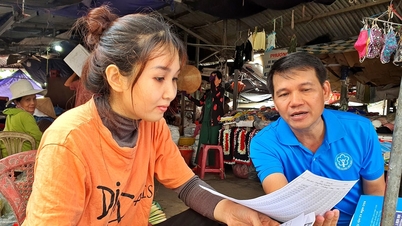

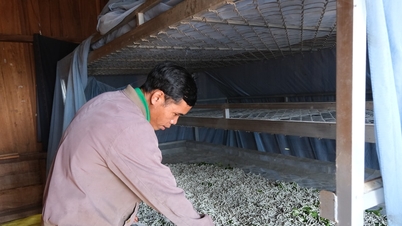
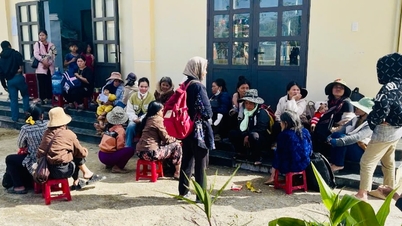
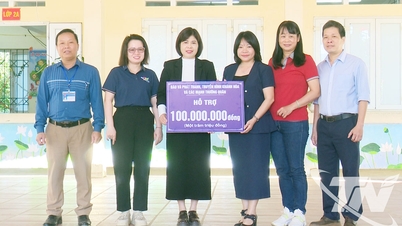



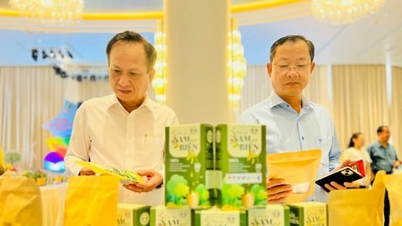





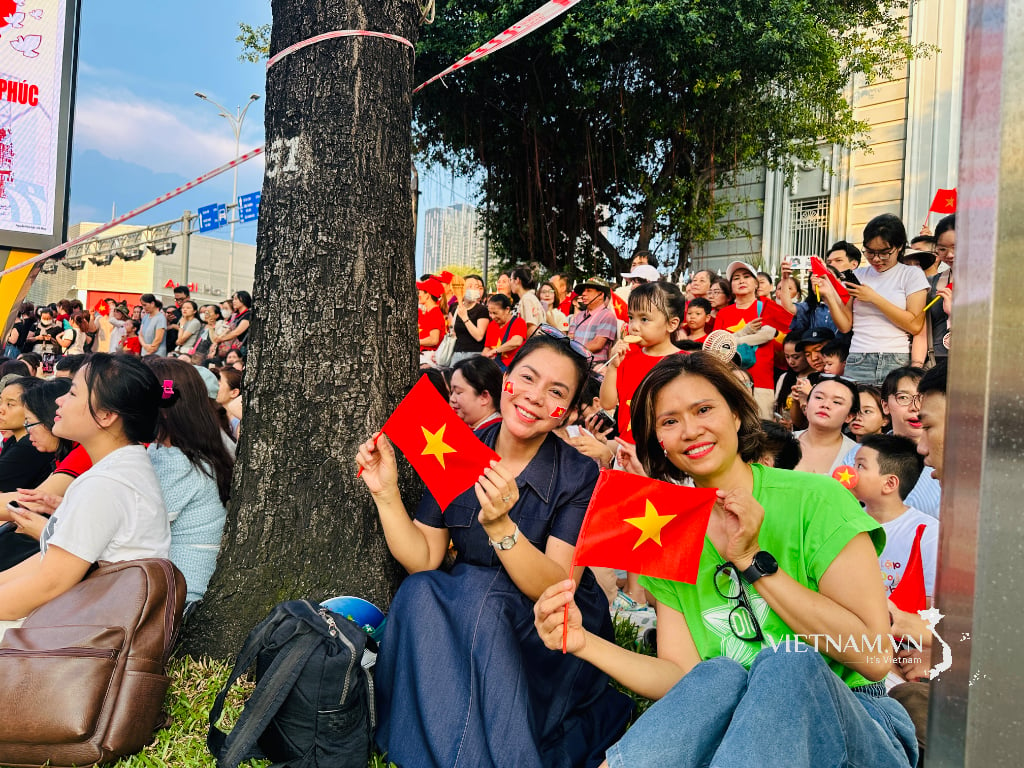



Comment (0)